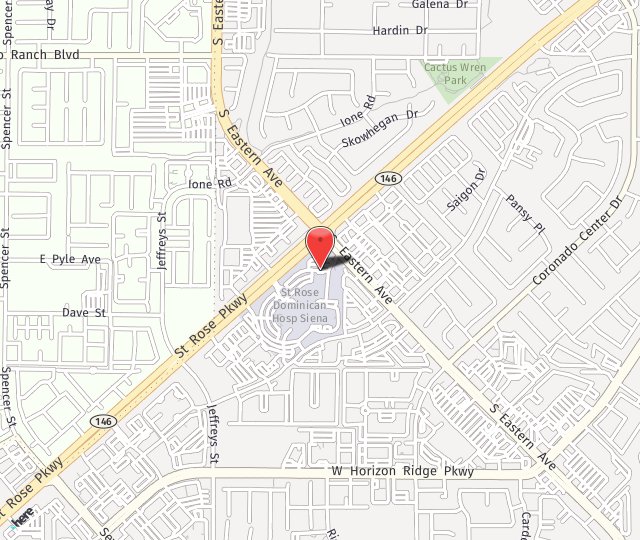After a week spent in the office with breast implant patients asking if they might have a “uniboob”, I finally got to sit down and watch an episode of the new reality plastic surgery TV show called, “Botched”.
“Botched” premiered on E! on June 24, and is a realistic portrayal of plastic surgery complications, with Dr. Paul Nassif and Dr. Terry Dubrow performing revisional surgery.
The first episode illustrated three common scenarios we all see on a regular basis as Board Certified Plastic Surgeons.
“Symmastia” or “uniboob” is a rare implant malposition problem complicating breast augmentation surgery, and also the most difficult to correct. It occurs when the breast implant pockets connect in the midline, from over-dissection of the pockets along the sternum. Complications after breast augmentation increase when women choose breast implants that are too large for their body. Practicing in Las Vegas, many women who live here desire very large breasts. The larger you go, the increased risks for complications, such as breast tissue or implant sagging, tissue stretch and tissue thinning, rippling, and surrounding tissue damage which is very difficult to correct. Just because a patient wants a 600 cc implant does not mean it is the right thing to do for a given individual. Patients need to be realistic, and the symptoms that this breast patient had in this episode could have been predicted by her desires to be so large breasted. She had physically incapacitating symptoms related to her excessively large breasts, yet was clearly emotionally distraught about having to downsize her breast implants. I agreed with Dr. Dubrow’s approach to remove the implants and stage the surgery. It is interesting to see that his recommendations for implant removal, which would immediately remedy the patient’s symptoms of pain and her poor aesthetic outcome, was met with so much resistance. Patient choices along with unrealistic desires and expectations can contribute to unsatisfactory results. I frequently turn patients away who have unrealistic expectations or if there are high risks for complications.
Moving onto the guy with all the fake muscle implants….designing his own surgical procedures, and distorting his face and body into an outrageous cartoon character. We see people like this too, all having versions of body dysmorphic disorder. Major red flags. I would never operate on anyone with a mental status so far removed from reality.
Rhinoplasty is one of the most technically difficult operations to perform. Revision rates are high. The problem is that reoperation creates more scar tissue, and the cartilage structure supporting the nose collapses and becomes impossible to work with; hence Dr. Nassif having to harvest rib cartilage to support the nose. What really got to me was when the patient was complaining about her asymmetric appearance on post-op day 1, with all the swelling and splints in place. This emotional reaction provides evidence that she likely has had unrealistic expectations all along, and gives the viewer an understanding of why she may have put herself through 6 previous nose surgeries.
I felt the first episode of “Botched” was a realistic portrayal of what we see as plastic surgeons. Certainly there are risks and complications with everything we do, and we can never make guarantees on final outcomes. Patients also need to take responsibility for their choices. Surgical plans need to be formulated so that patient desires are met, while minimizing risks for early reoperation. If a patient is unrealistic, or asks a surgeon to do something that is not within the standard of ethical medical care, the surgeon should always say no. Patients don’t always have the understanding to know what is best for them when it comes to cosmetic surgery, so it is our responsibility to provide honest and ethical recommendations and to formulate sound surgical plans.
I’m looking forward to the next episode of the show!

